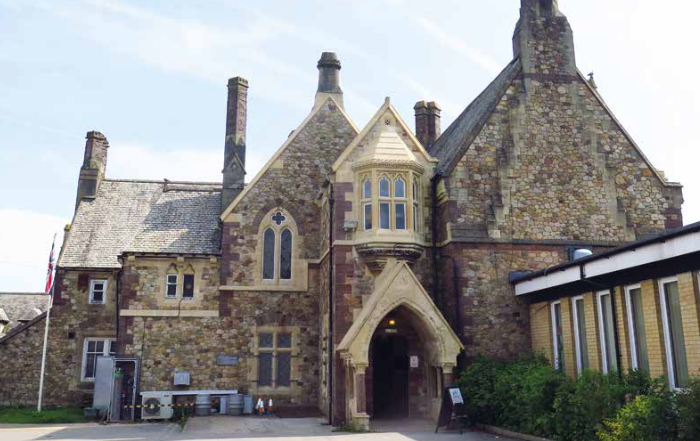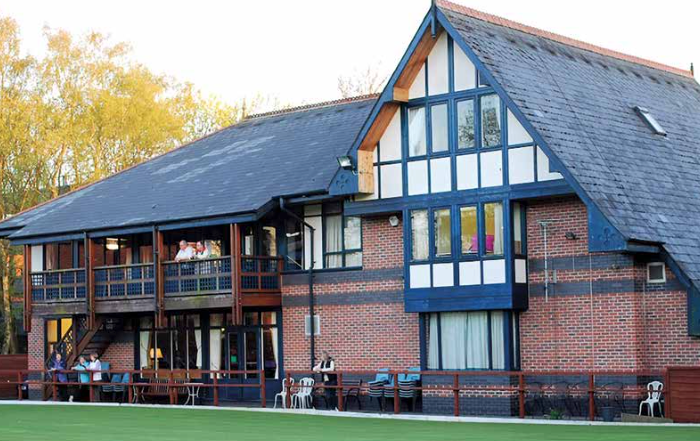Please click on the tabs below to toggle between the archives
2016
November 2016
Questions and Answers – Click here to view this article
October 2016
Questions and Answers – Click here to view this article
September 2016
Questions and Answers – Click here to view this article
August 2016
Questions and Answers – Click here to view this article
July 2016
Questions and Answers – Click here to view this article
June 2016
Questions and Answers – Click here to view this article
May 2016
Questions and Answers – Click here to view this article
April 2016
Questions and Answers – Click here to view this article
March 2016
Questions and Answers – Click here to view this article
February 2016
Questions and Answers – Click here to view this article
January 2016
Questions and Answers – Click here to view this article
2015
November 2015
Questions and Answers – Click here to view this article
October 2015
Questions and Answers – Click here to view this article
September 2015
Questions and Answers – Click here to view this article
August 2015
Questions and Answers – Click here to view this article
July 2015
Questions and Answers – Click here to view this article
June 2015
Questions and Answers – Click here to view this article
May 2015
Questions and Answers – Click here to view this article
April 2015
Questions and Answers – Click here to view this article
March 2015
Questions and Answers – Click here to view this article
February 2015
Questions and Answers – Click here to view this article
January 2015
Questions and Answers – Click here to view this article
2014
December 2014
Questions and Answers – Click here to view this article
November 2014
Questions and Answers – Click here to view this article
October 2014
Questions and Answers – Click here to view this article
September 2014
Questions and Answers – Click here to view this article
August 2014
Questions and Answers – Click here to view this article
July 2014
Questions and Answers – Click here to view this article
June 2014
Questions and Answers – Click here to view this article
May 2014
Questions and Answers – Click here to view this article
April 2014
Questions and Answers – Click here to view this article
March 2014
Questions and Answers – Click here to view this article
February 2014
Questions and Answers – Click here to view this article
January 2014
Questions and Answers – Click here to view this article
CONSERVATIVE CLUB RECENT MAGAZINE
November 2023
Please click on the link below to view the November 2023 Conservative Clubs Magazine
October 2023
Please click on the link below to view the October 2023 Conservative Clubs Magazine
September 2023
Please click on the link below to view the September 2023 Conservative Clubs Magazine



